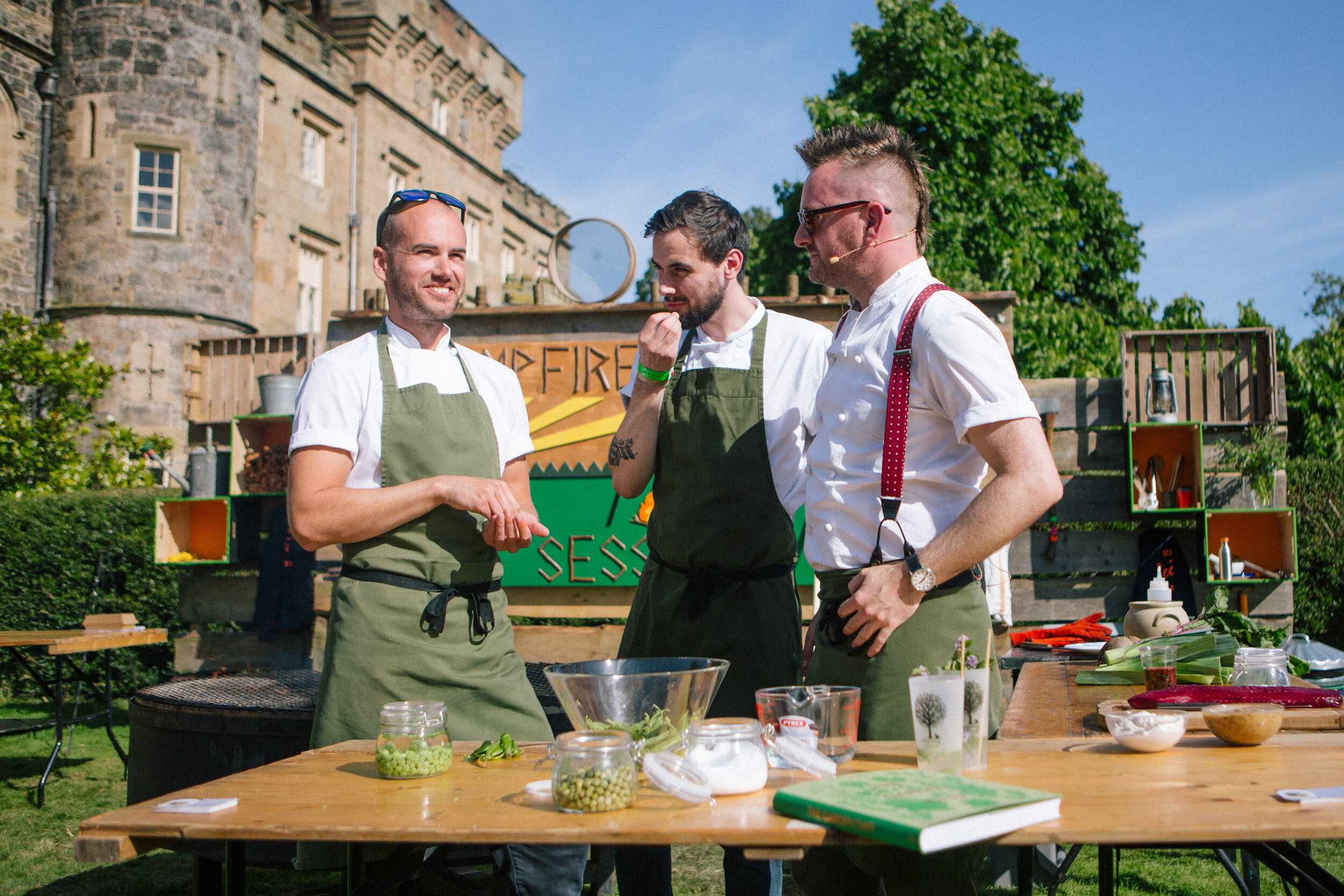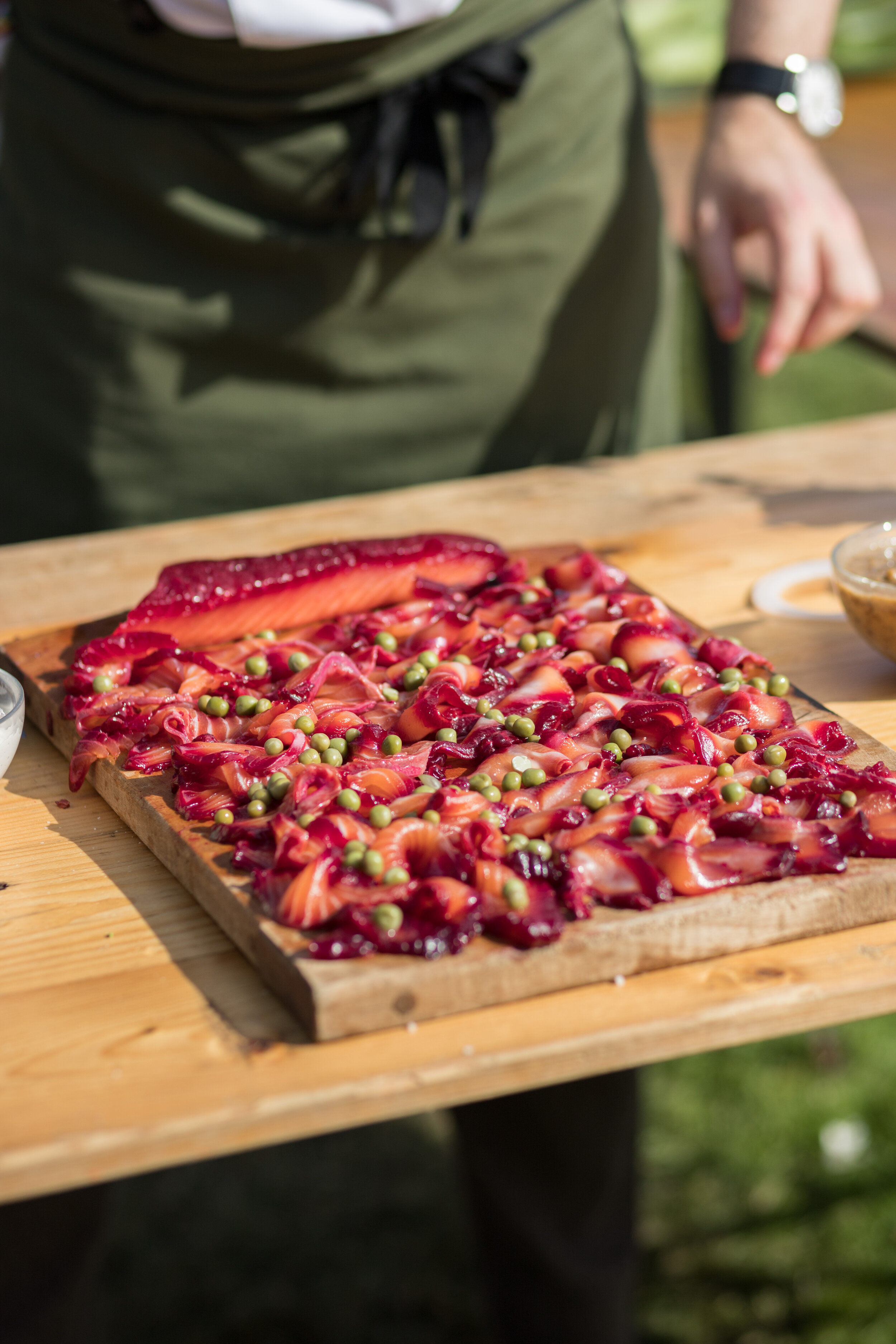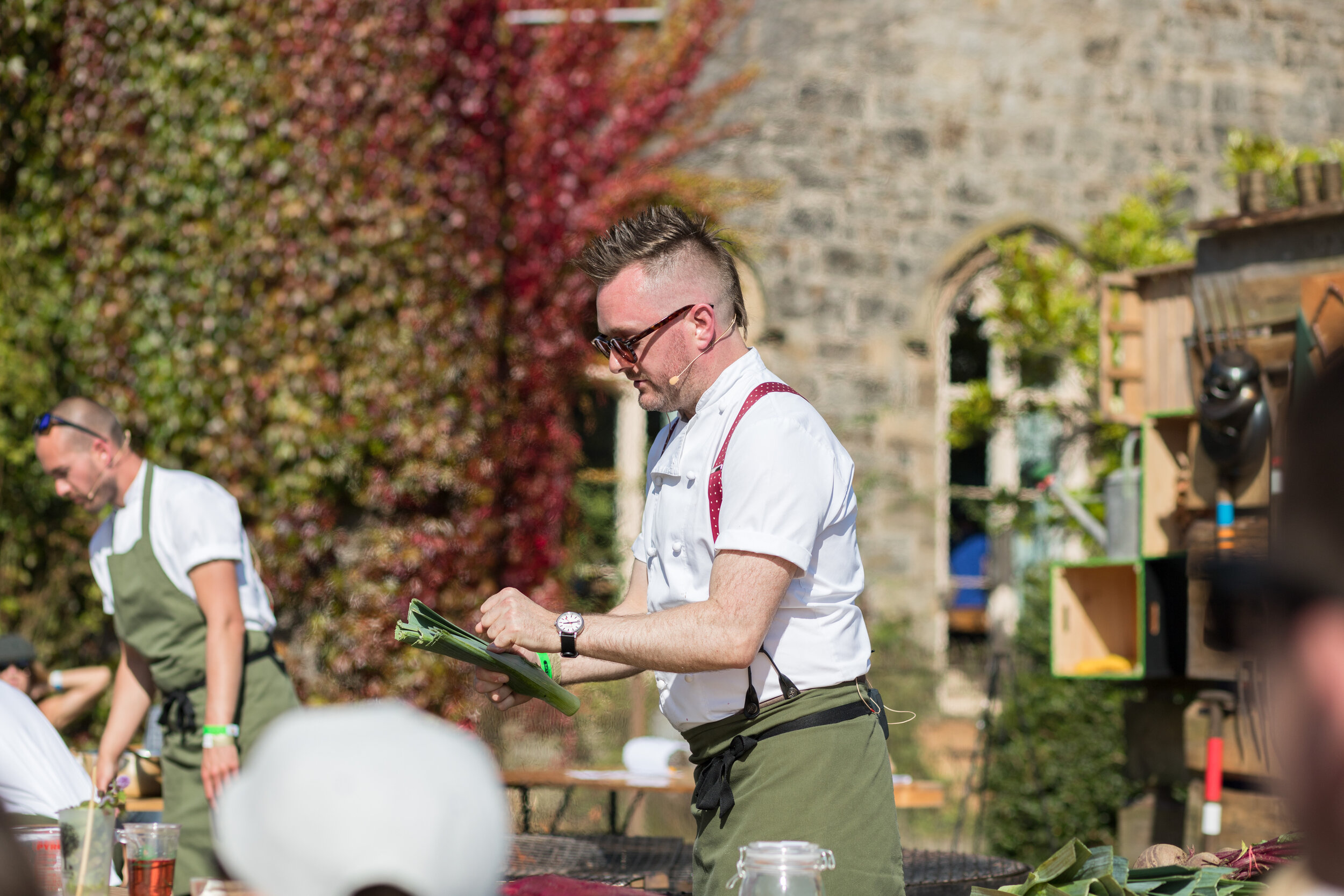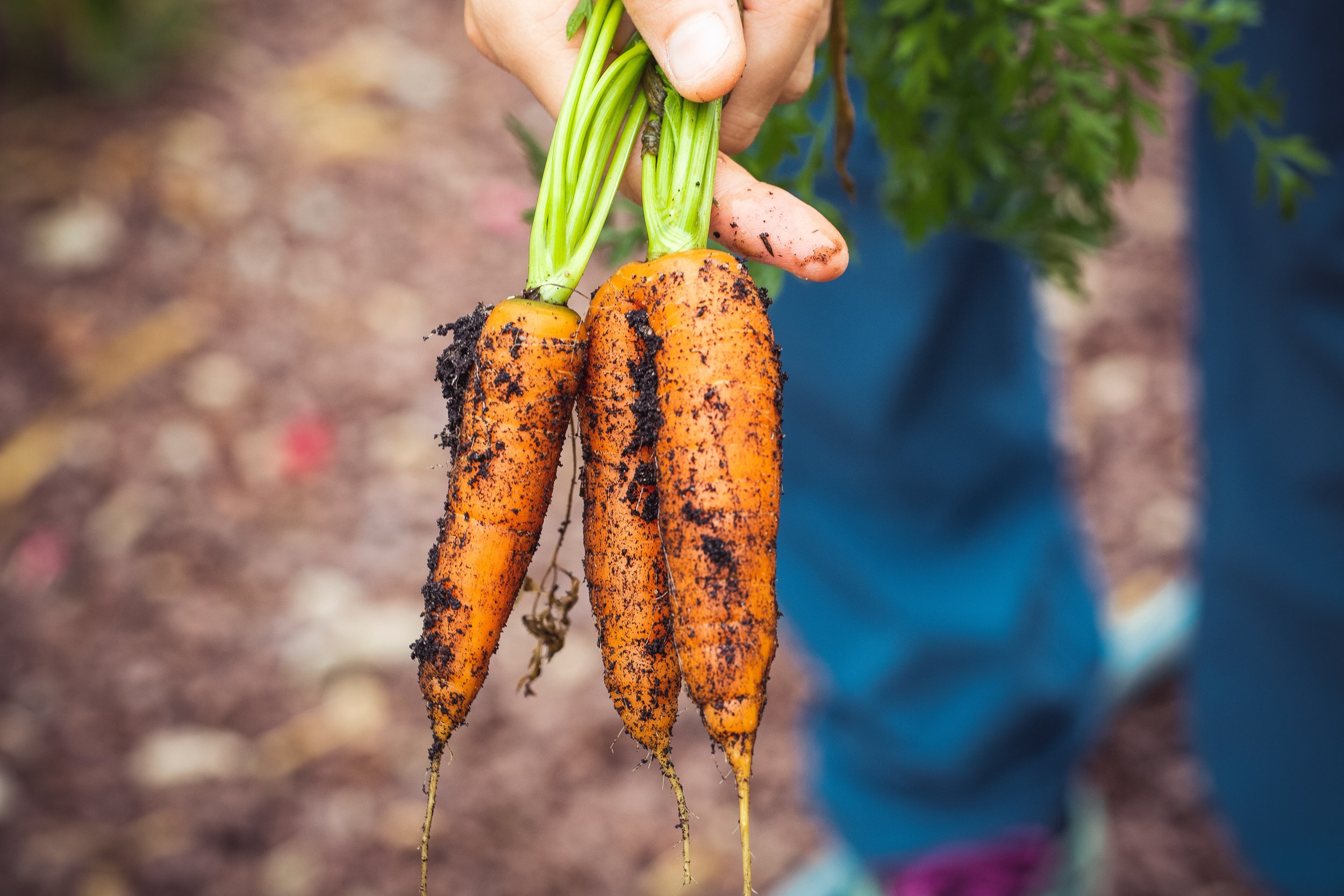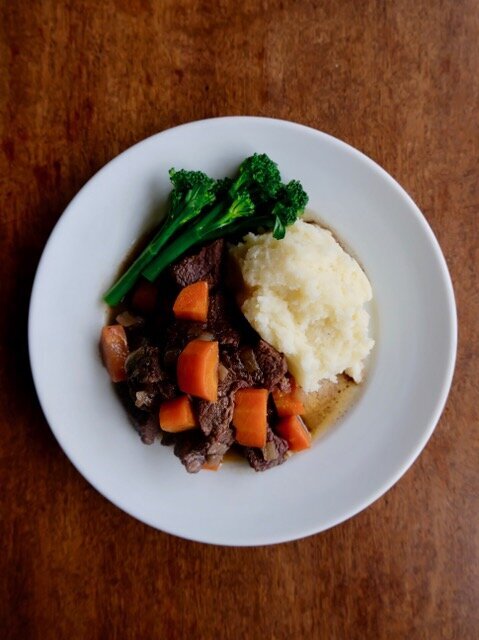The Ethicurean Talk Seasonality
Image: Patricia NivenAn interview by Jimmy SandisonFounded by brothers Iain and Matthew Pennington, The Ethicurean celebrates seasonality, sustainability and flavour. Their first site, opened in 2010, sits within a beautiful Victorian Walled Garden, overlooking the bucolic Mendip Hills near Bristol. The second, opening soon, is positioned in an equally beautiful setting, a vineyard in Padstow, Cornwall.
Iain and Matthew are committed to growing organically, supporting community and eco-systems. Their menu adapts daily, in tune with the season’s best.
This interview took place in February, a month known to farmers, chefs and home growers as the scarcity season, the in-between time of planting and harvest where food sources are limited. Cooking seasonally takes just a little more thought, preparation and creativity, which the Pennington brothers undertake expertly.
Some Good Ideas: Where do you source your food from and how significantly do the seasons dictate what is featured on your menu?
Iain Pennington: We source as close to the restaurant as possible, with approximately 90% of the veg we use in summer coming from within the walled garden itself. Working so closely with the seasons has meant it’s been a necessity to learn how to preserve the abundant produce for scarcer times. Pickling, fermenting, smoking and curing are all techniques that feature widely on the menu. Here we celebrate all types of culture. From the cultures alive in the soil, to the culture that surrounds preparing and serving food, to the community that celebrate with us for annual events such as Wassail and the Summer Solstice.
SGI: How did you prepare your garden to survive through winter? Do you have any tips for keen growers out there?
IP: Mark Cox, the resident gardener has long seen the winter season as an advantageous time to grow food, this may sound counterintuitive, but he has decades of experience in losing winter crops, and his solutions have come from tender observation of nature. Through careful selection of cold-loving varieties of heirloom brassicas, root crops that adore a ‘cold snap’ and vast mixes of oriental leaves that enjoy the relative pest-free time the need to protect is somewhat less than traditional, modern approaches. Polytunnels offer ample protection for his soft herbs, but it’s what he has managed to achieve within the soil in the garden highlights its winter resistance.
Mark is a dedicated advocate of the “no-dig” approach, and his soil is no longer mechanically turned with the aid of diesel rotavator. Applying fresh layers of mulch, mushroom compost or manure between growing cycles the earth is allowed to form in its natural way. It becomes like a healthy biome in a stomach, rich in beneficial bacteria and microbes, nematodes and bacteriophage. This fertile soil is manna for worms who take the action of turning the earth, dragging digested nutrient deep back down. This complex structure can store water in times of drought, to drain in times of deluge, is resistant to disease, and crop rotation is less frequent. This healthy soil is well prepared for winter.
SGI: What is the ‘scarcity’ season and how does it influence your cooking?
IP: We divide our year into five seasons; scarcity, growth, fruiting, harvest and festive. It gives us a slightly more accurate representation of how the growing seasons work, rather than the classic Spring, Summer, Autumn, Winter. February is the season of ‘scarcity’, which is a time for imagination and creativity. There is still veg in the garden, albeit mostly roots and some hardier leafy greens. It is a time of year where we open the ferment store and see what we’ve squirrelled away from last summer to enhance the winter greens and leaves we have in the garden. It’s an exciting time of year for us, and one where we have to get our thinking caps on to use the bounty we have wisely. A couple of our favourites around this time of year are:
Turnip rösti, with smoked roe and fermented heritage tomatoes. Or charred garden brassicas, served with pomme purée, truffle oil and fermented leek tops.
Images: Hiraku Funnell and Louise RobertsSGI: How much preparation is needed to get you through the scarcity season, when do you start and what do you do?
IP: There are vital skills that we’ve needed to learn over the years that we’ve opened to enable us to cook in a genuinely seasonal way. The majority of these skills fall under the category of “preserving” and entail pickling (perhaps the first skill we learnt), curing, smoking, and fermenting, to name but a few. We learned to ferment in early 2011, way before this was a hot topic. Information around fermenting was relatively scarce, certainly by today’s standards anyway. The more we’ve learned about it, the less we’ve pickled to preserve things, and the more we ferment pretty much everything imaginable. Nutrition is a huge deciding factor in the food we eat and serve, and we quickly realised that live foods are so beneficial to us, and something that we as humans, have been mostly missing since the invention of the refrigerator.
Even though we ferment throughout the year, nothing makes the kitchen a busy hive of activity as the arrival of autumn. There are gluts of produce- not only in the garden but in the hedgerows, woodlands, fields and coasts that are close to the restaurant. Although the restaurant is full, this is still too much produce for us to use. We lacto-ferment like crazy, and store as much as possible to see us through until the end of the hunger gap next May.
SGI: How can we make eating a small range of ingredients interesting?
IP: We have a zero-waste policy in our kitchen whereby we use the whole vegetable. When you get creative, you realise the range of different textures that you can get from each part of the veg. An example might be charring the cauliflower florets and using their outer leaves as ‘tacos’. We still have a culture where certain parts of the vegetables are better than others, so we bin what we’ve learned to be un-palatable, going to compost, food for the soil. We’ve always questioned what we’re composting at the restaurant and experimented to see whether it can be made delicious. In the majority of cases, it absolutely can.
Pickled and fermented products intensify flavours and do not require refrigeration, so a simple Kilner jar full of pickled vegetables can sit on a dark shelf for a year, just waiting to be re-discovered and adding some deliciousness to our dishes.
Image: Hiraku FunnellOver the years, we’ve become mentors and developers of making a small range of ingredients delicious — the height of this development is at the quarter of the year that runs February through to May. The humble beetroot is something that we have looked at and tested beyond belief. It all comes down to learning kitchen techniques and trying to apply them to different ingredients. Sometimes you think something will work, and it doesn’t. Often you think something won’t work and it does, but in all of these instances, you are learning. There is no right or wrong with cooking.
“Constant questioning is vital; "what happens if I dehydrate this vegetable after I've fermented it?". "What happens if I blitz this dehydrated vegetable and use it as a seasoning". The more you question, the more exciting your food becomes, and the more you learn.”
Iain PenningtonSGI: What are you planting now? What produce are you most excited for?
IP: We are most excited to be including beneficial strains of fungi in our growing spaces. They will have myriad benefits to the garden, its soil and plants growing that fruit in the garden. We inoculate wood chips with Wine Cap fungi and place these around our berry fruit trellises. Giving the mycelium of the mushroom (in essence their roots) a food source to digest that, in turn, enriches the soil and provides even more nutrients for the fruit trees roots. The fruit trees bear more berries, and the mycelium offers us a crop of delicious mushrooms — perfect integration of nature from soil to plate. As chefs, we are so excited to have the highest-grade mushrooms in the larder.
SGI: We’re really excited for the new Ethicurean site in Cornwall, what should we expect for it?
IP: With our current restaurant situated in a Victorian walled garden overlooking the Mendip Hills, the vineyard at Trevibban Mill offers an equally inspiring location. Sat above the winery and tasting room, the new site has panoramic views over the vineyard and valley beyond. The 80-cover restaurant will continue to champion vegetable-led cooking while supporting Cornish fishmongers and pasture rearing farms local to the orchard to create enticing daytime menus and refined evening tasting menus – all paired with Trevibban Mill wines. Wine tasting and guided tours of the vineyard and winery are available onsite, offering extensive experience to our diners.
SGI: Brilliant. See you there!

